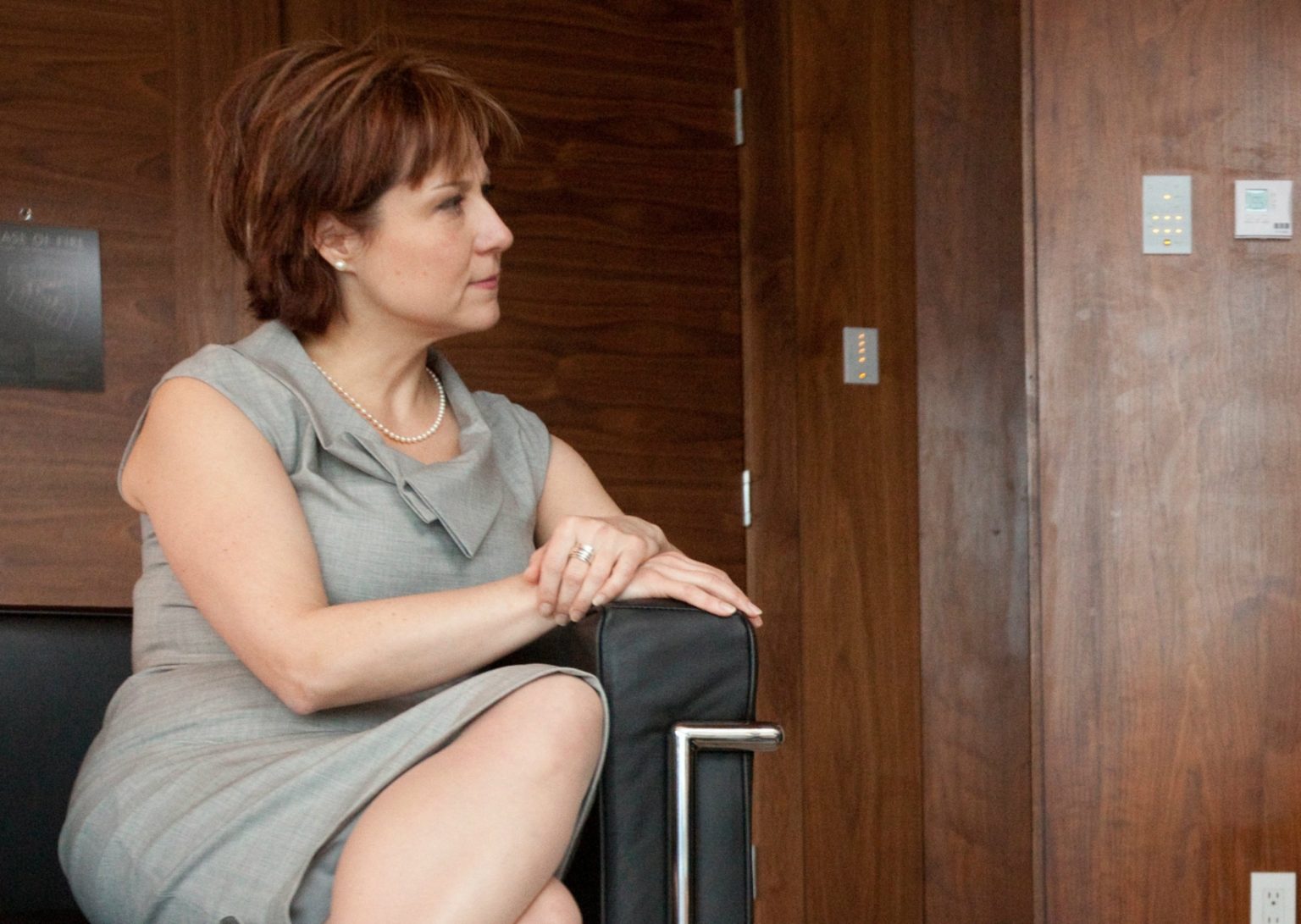It’s 31 degrees outside and I was planning to go to the lake this afternoon — and I’d be willing to hazard a guess that many British Columbians are in the same boat.
Politicans often “take out the trash” on Fridays during the dog days of summer and this time is no different.
The plan — according to a leak in the Globe and Mail today — will fail to increase the carbon tax or update greenhouse gas reduction targets.
Those were two of the cornerstone recommendations from the province’s own expert committee.
“The depths of August on a Friday afternoon is not the time you release a plan that you want a lot of people to pay attention to,” said Josha MacNab, B.C. director for the Pembina Institute.
Pembina was a member of the Climate Leadership Team comprised of environmental, academic, business and First Nations leaders. The team presented 32 recommendations reached by consensus (except for one dissenting vote by LNG Canada on the carbon tax recommendation).
“The Climate Leadership Team was very clear that the recommendations needed to be accepted as a package and they warned against picking and choosing amongst the recommendations that they put forward,” MacNab said.
MacNab says she is shocked the government appears ready to cherry pick from the recommendations.
“The premier herself appointed this panel to give her advice to get B.C.’s emissions back on track because under her leadership they have been going up,” MacNab said.
B.C. had promised to reduce its emissions by 33 per cent below 2007 levels by 2020. That’s not going to happen.
Instead, emissions are expected to increase 39 per cent above 2014 levels by 2030, according to modeling by the Pembina Institute.
Now the province will continue touting its pie-in-the-sky goal of reducing emissions by 80 percent below 2007 levels by 2050 — without any credible pathway to get there.
.@ChristyClarkBC Hopes You’re Not Reading This https://t.co/1SZDfJqUVY #summertime #holidays #bcpoli #climateactionplan
— DeSmog Canada (@DeSmogCanada) August 19, 2016
That puts B.C. in stark contrast to Canada’s other most populous provinces — Ontario, Quebec and even Alberta, all of which are projecting a decrease in emissions.
Merran Smith of Clean Energy Canada was a part of Clark’s Climate Leadership Team and says B.C. has a legal obligation to reduce carbon emissions.
“We’ve been a climate leader in the past and our economy has thrived as a climate leader so I’m a bit shocked that this government has put all its eggs in the oil and gas basket and really procrastinated on climate action,” Smith said.
“The carbon tax is the cheapest and most effective way to reduce carbon pollution. And that’s why it was a key part of our recommendations,” Smith added. “We didn’t create a shopping list of different ways to reduce carbon pollution to meet our targets. We created a cohesive, coherent plan and you need all those different recommendations to work together in order to reduce carbon pollution.”
Clark appears poised to defend her inaction on the basis of protecting “affordability for families” and maintaining a “strong economy.”
But the old dichotomy of environment versus economy is false, according to MacNab.
“The mandate of the Climate Leadership Team was to present a plan that met B.C.’s climate targets and maintained a strong economy. A strong climate plan going forward needs to meet our climate targets. But a strong climate plan also needs to position B.C. to be competitive in a low-carbon economy — in an increasingly de-carbonizing international market.”
In an attempt to placate anyone who’s paying attention, the province will announce feel-good measures like rebates on electric vehicles and incentives for industry to switch to electricity tomorrow.
The Globe and Mail has also reported that the plan will include details of the electrification of upstream natural gas production, one of the ever-changing justifications for building the controversial $8.8 billion Site C dam on the Peace River.
And therein lies the rub. Clark desperately wants to develop a natural gas industry — but she can’t do that and meet B.C.’s climate targets.
Instead of all the smoke and mirrors, it’d sure be refreshing if someone would just come out and tell the truth.
As it stands, the plan to be released tomorrow ought to be named B.C.’s Climate Inaction Plan. Question is: if we’re all at the lake, will it matter?
Photo: Province of British Columbia
Subscribe to our newsletter
Stay up to date with DeSmog news and alerts








